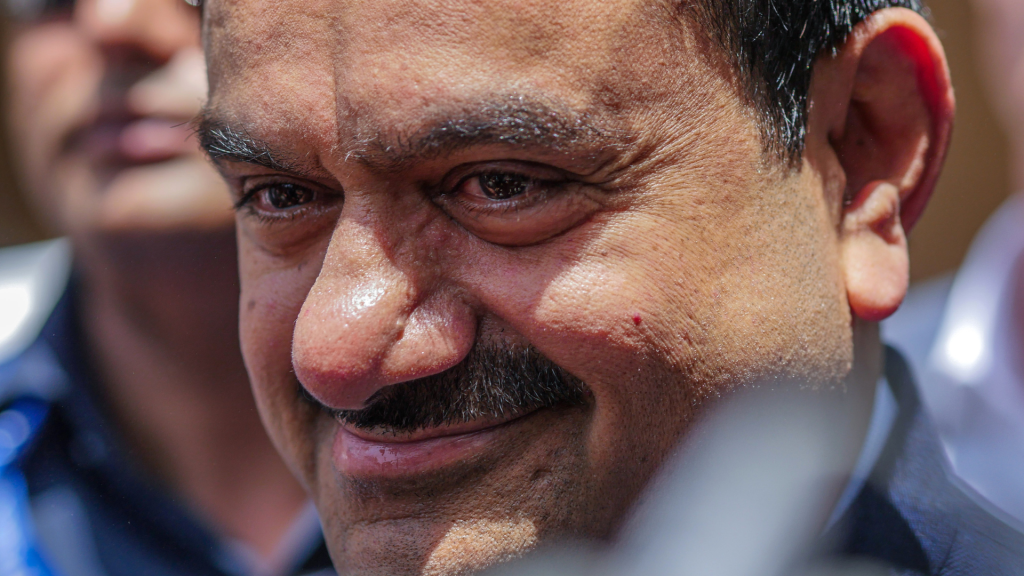Move over Hindenburg — Indian billionaire Gautam Adani is back in the hot seat and this time it is Uncle Sam holding the gavel.
Earlier today, US federal prosecutors disclosed a 54-page indictment, accusing the Adani group chairman and two more of his senior executives of bribing Indian government officials to the tune of $250 million to secure major solar energy contracts.
These contracts were then used to raise financing from both US and international investors, the prosecutors say. These solar projects, including one of the world’s largest, were projected to generate more than $2 billion in profits over two decades.
For those unaware, US law allows its federal prosecutors to chase after wrongdoers if their corruption involves certain links to American investors or markets. The prosecutors are alleging that Adani and his crew defrauded US investors and obstructed justice by deleting evidence and lying to federal investigators.
In the red
All Adani Group stocks are down more than 5% to 15% and its bonds had also tumbled at the time of publishing. Adani Green Energy has also said it would not proceed with its planned US dollar bond offerings.
Moody’s is calling the indictment “credit negative” for Adani Group, aka its chances of raising money in global bond markets are done for now. Without access to global bond markets, expect many of Adani’s projects to end up on the back burner. Or worse, on the chopping block.
This is not the first rodeo for Adani, a businessman seen as influential and close to Narendra Modi, the Indian prime minister. Twice in two years, short-seller Hindenburg has torched the group’s stocks with its accusations of corruption, related-party transactions and round-tripping of funds.
Last time around, Hindenburg even put SEBI, the Indian regulator, in its crosshairs for its soft-glove approach to Adani’s alleged wrongdoings. Adani stocks only really recovered from those body blows in May this year.
This latest legal salvo, however, is both more dangerous and complicated as it involves two new players — the US and Indian governments.






